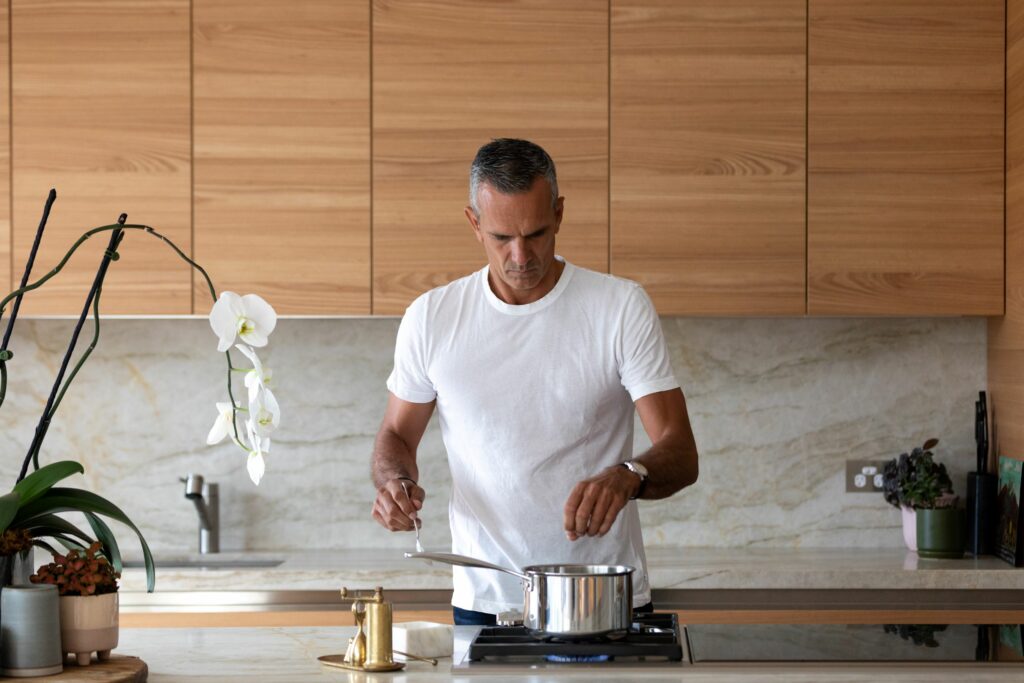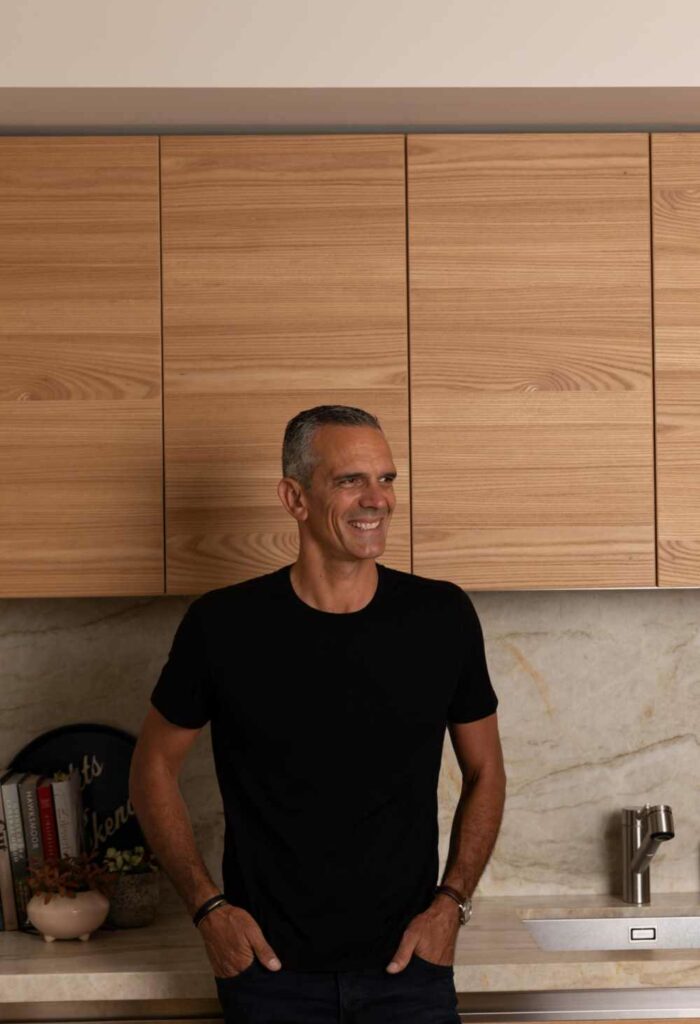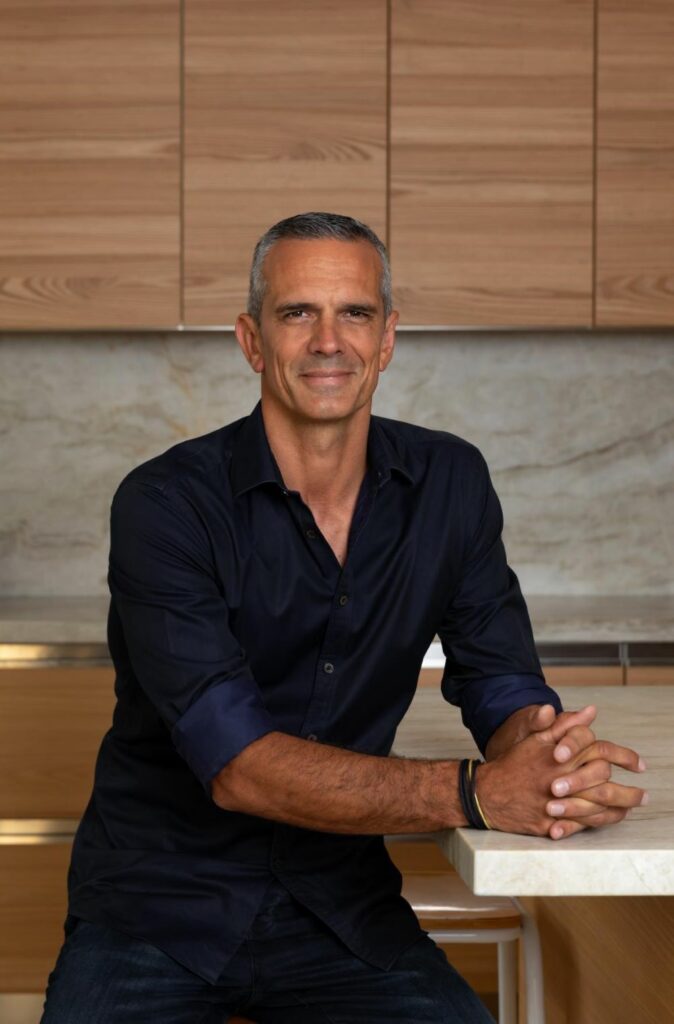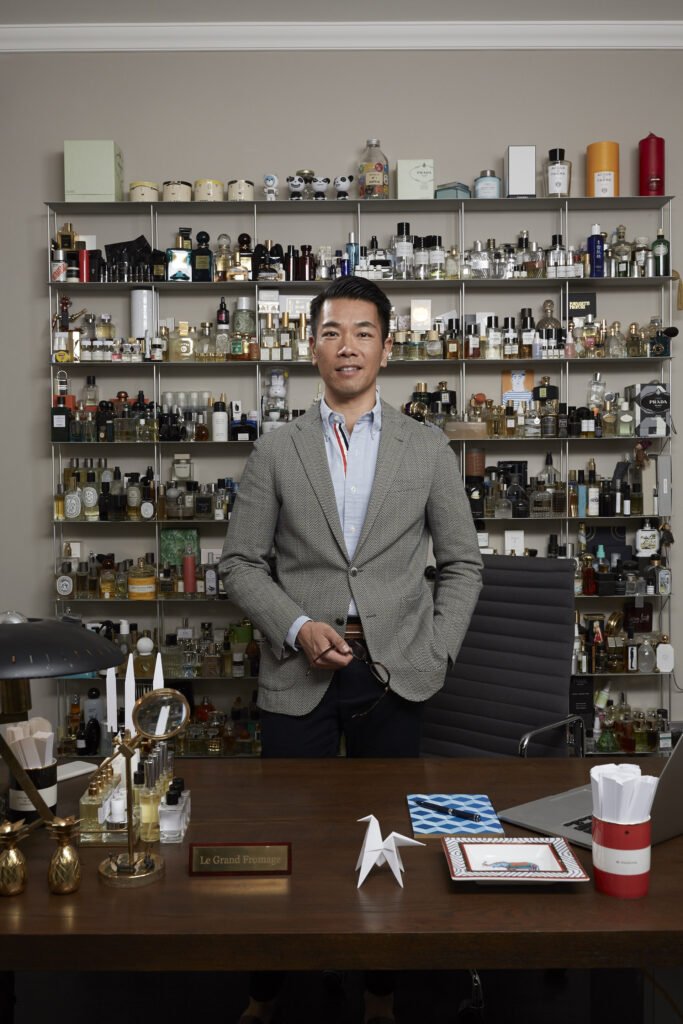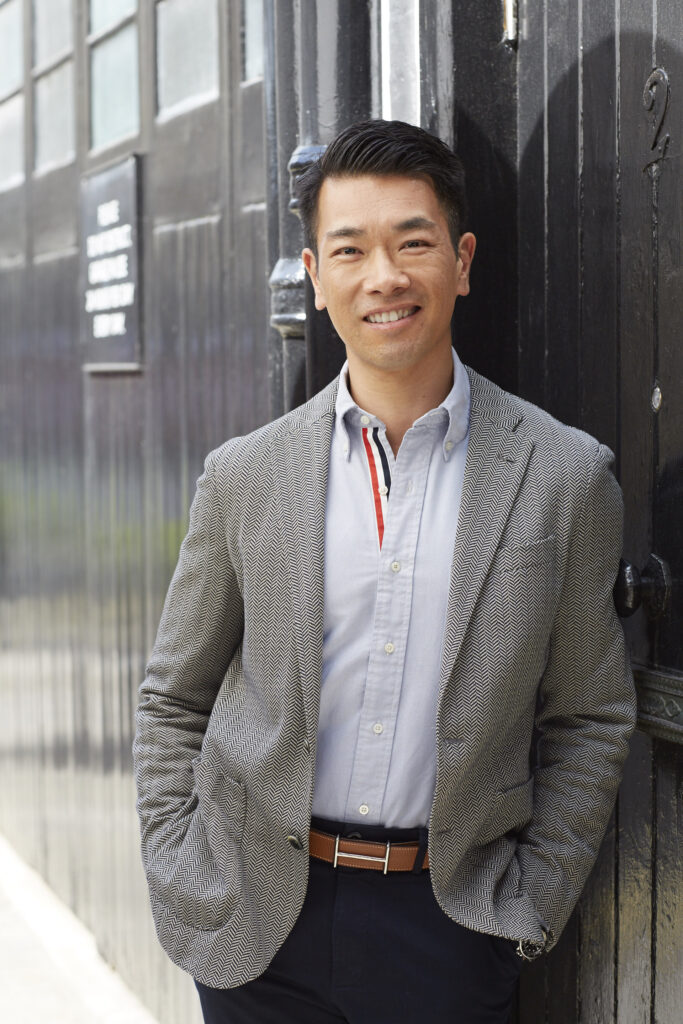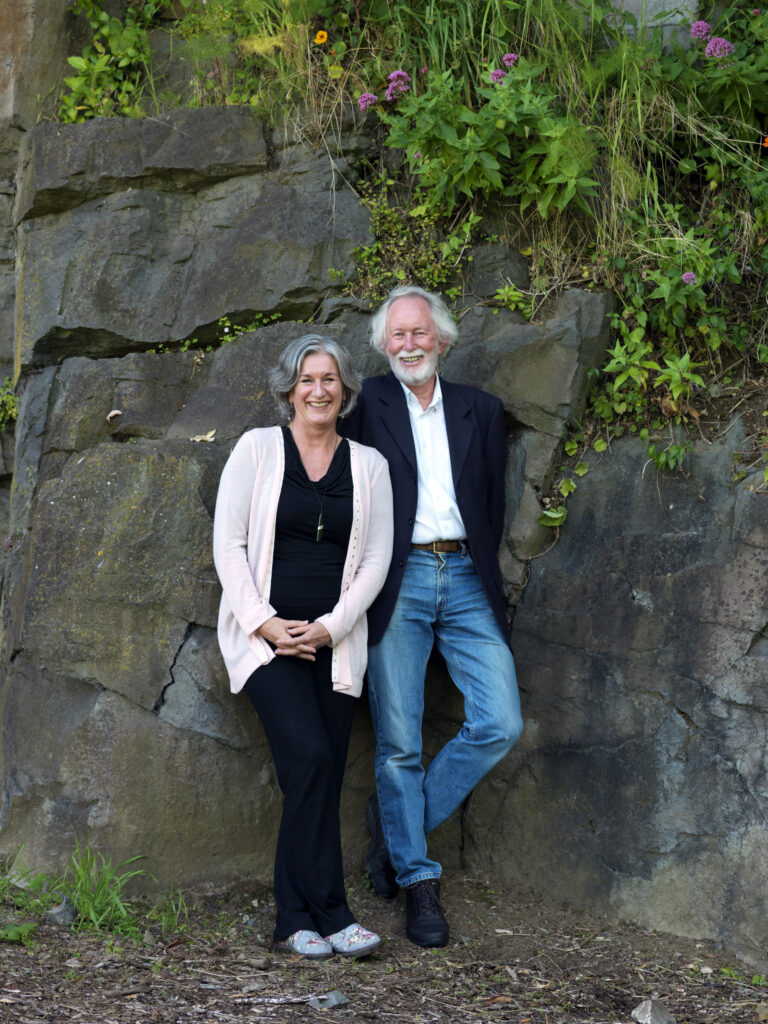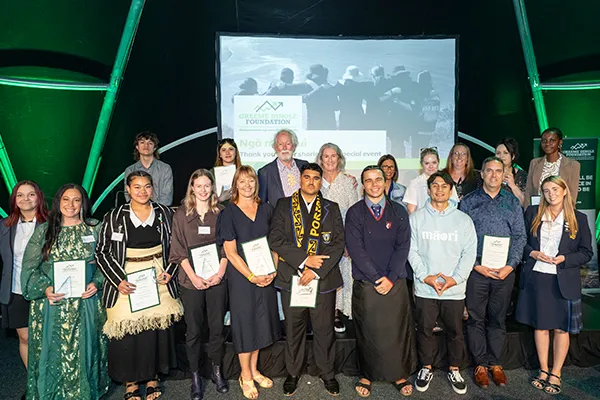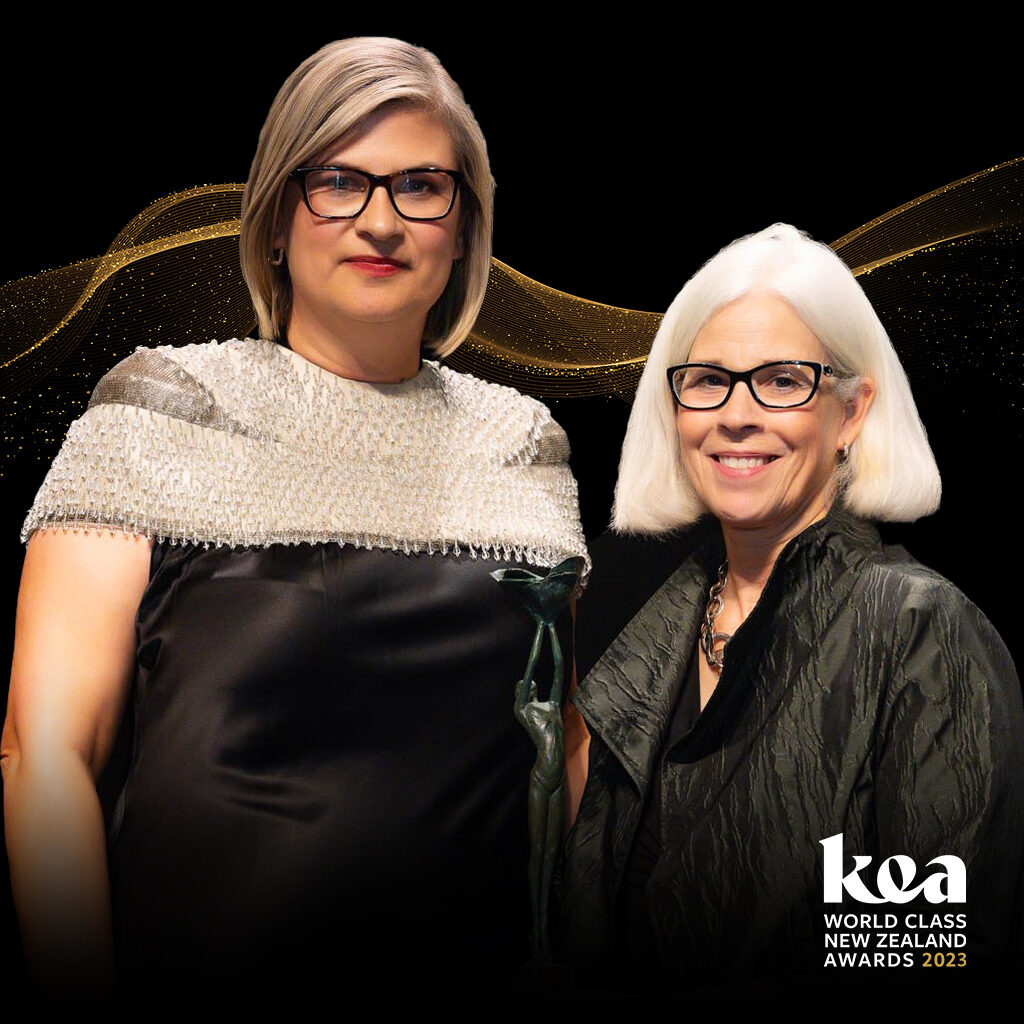Palemia was offered his first job at Auckland’s Fullers360 while he was still in high school. He loved being at sea and went on to join the Royal New Zealand Navy as a marine engineer officer. Once he secured his merchant marine engineer licence, cruise ships became his next calling and that was where he met his Finnish wife.
Palemia joined his wife in Helsinki in 2008 and through a fellow Helsinki rugby team mate Palemia secured a role at ABB, a leading technology company in electrification and automation.
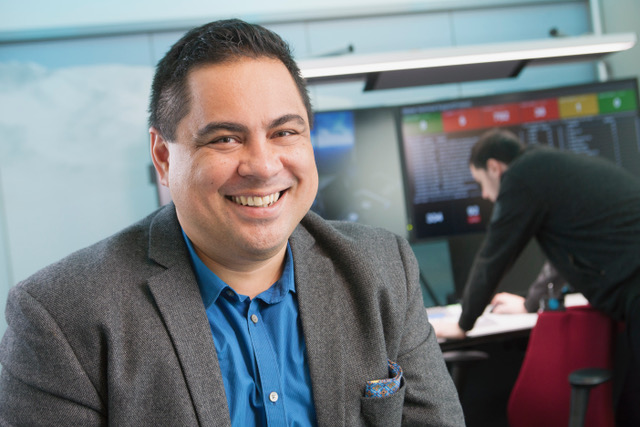
A challenge accepted
After spending several years in Europe, Palemia visited Auckland, where a conversation with Michael Eaglen, Co-founder and CEO of EV Maritime, and James Mullen, ABB New Zealand’s sales manager for process automation, revealed an exciting project involving electric ferries and the need for a charging system. It was a challenge Palemia wanted to solve – and they did so using his Kiwi ingenuity and a whiteboard.
“We just started sketching something up. It’s amazing what you can do when you get a bunch of people together and you’re bouncing ideas around. The job I’ve got is amazingly creative – I know that’s odd for an engineer to be saying, but we have a problem or a challenge, and we need to be creative to figure it out and solve it. One of the advantages we had with this charging system for these new ferries in Auckland is that it had never been done before. Being involved in a project where the standard did not exist, then also being back in Auckland where I worked on those routes as a high school student at Fullers360, felt like a full circle.”
A more eco-friendly future
Palemia says with hydro and geothermal electricity currently providing 87% of the country’s electricity needs each year, electric ferries just make more sense, and he adds it’s not only the environment that will benefit from this, but the overall customer experience.
“Once we get these boats in the water and people see how easy it is to charge them, it’s going to be really fun. It doesn’t make a lot of noise and it doesn’t have that diesel smell. Being on a fully electric ferry is a really weird experience – a lot of people don’t realise they have already left the port because there is no vibration or noise.
“The ability to travel into Matiatia Bay on Waiheke Island on a fully electric ferry, and really take in that beauty, just imagine being a tourist and that being your experience. That’s what we are going for. It’s been very cool to bring something that’s previously been European-centric to New Zealand.”

Palemia says that ABB Marine & Ports has multiple ferry projects in the near to min-term, and not a single one of those ships will be built without batteries, which is set to change the ferry transport system worldwide. Expect to see these fully electric ferries changing Auckland’s water transport scene in 2025.

 MENU
MENU

